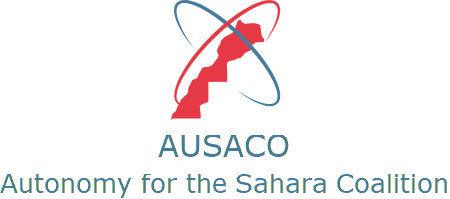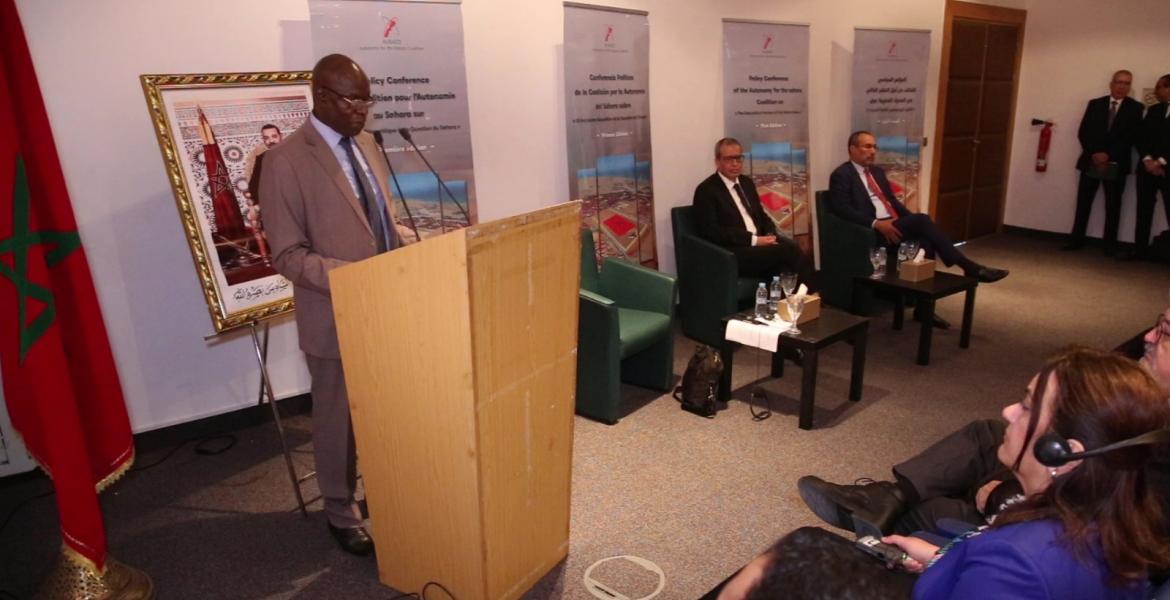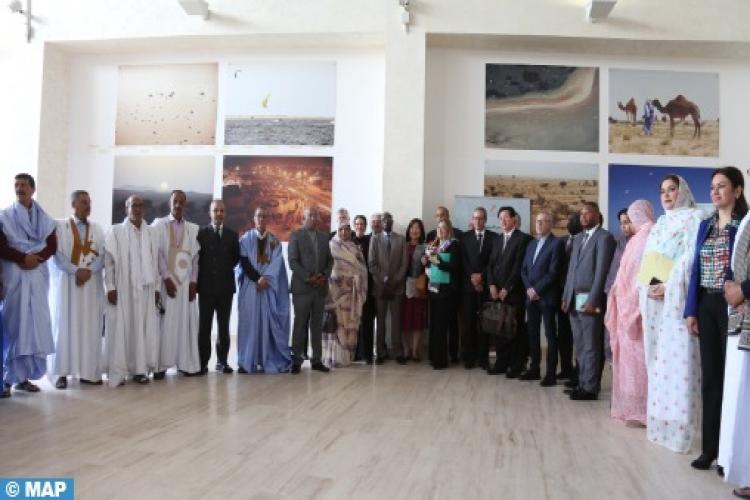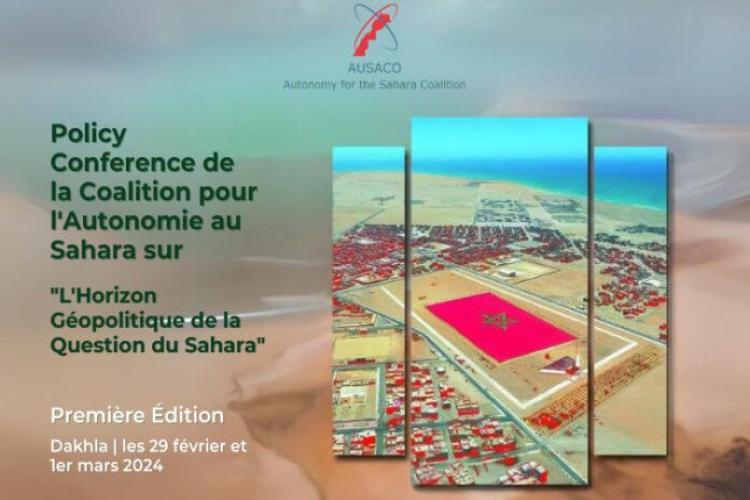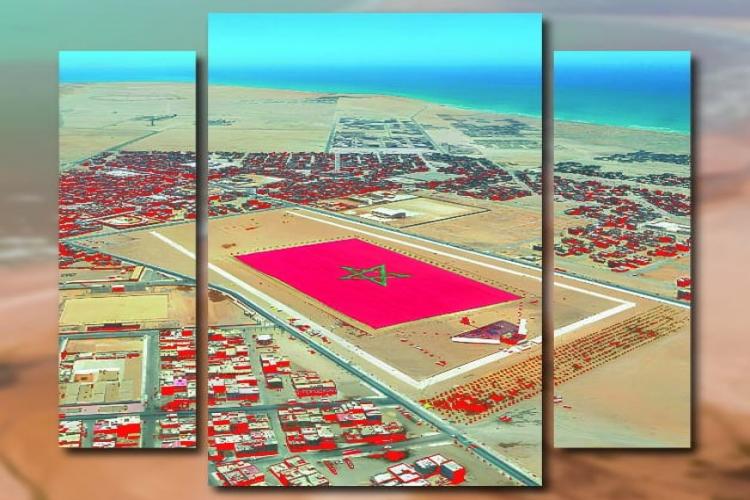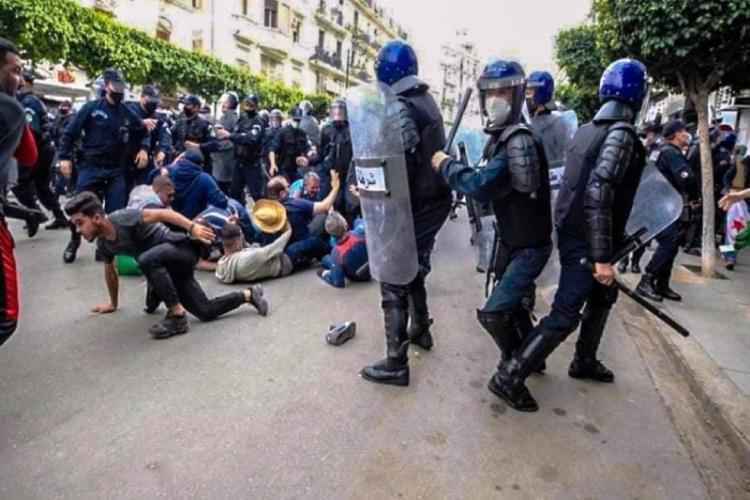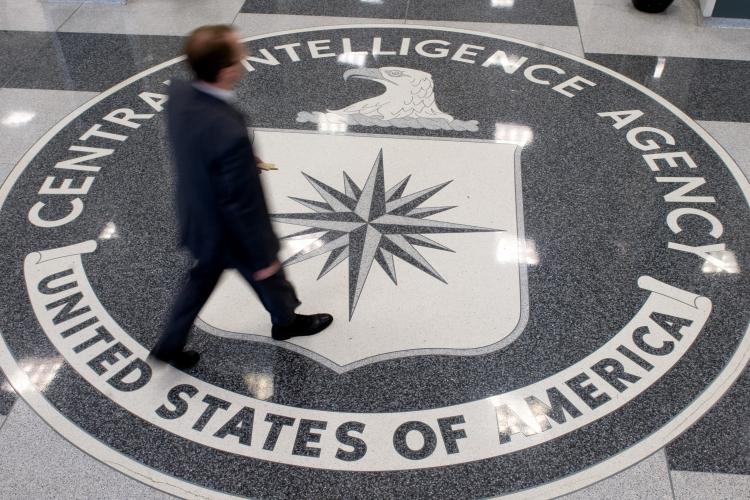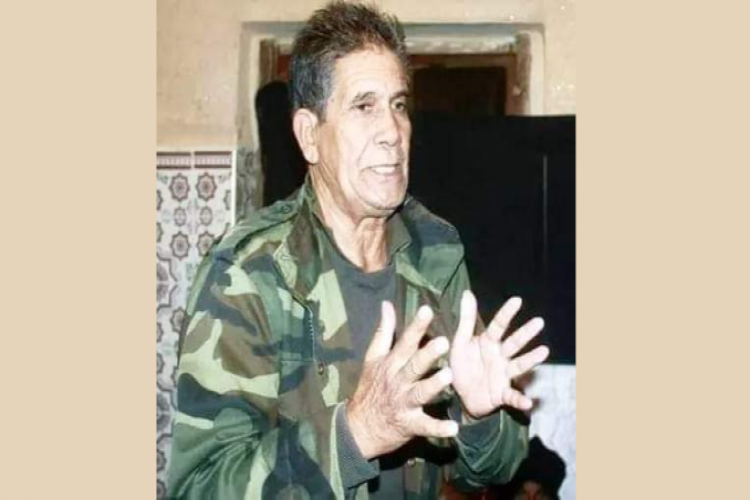International conference in Dakhla sheds light on geopolitics of Moroccan Sahara
The first Policy Conference of the Coalition for Autonomy in the Sahara (AUSACO) took center stage on Thursday in Dakhla, focusing on the Moroccan Sahara’s geopolitics.
Eminent national and international figures gathered to engage in a comprehensive discussion on the ongoing regional dispute, considering recent developments at the United Nations and on the ground.
The conference aimed to spark a new reflection on various aspects of the dispute, given the current landscape and the launch of the Initiative Atlantique by King Mohammed VI during the celebration of the 48th anniversary of the Glorious Marche Verte on November 6, 2023.
Dakhla-Oued Eddahab Wali Ali Khalil highlighted Dakhla’s role as a host for international meetings, attracting prominent figures such as heads of state, ministers, parliamentarians, and representatives from governmental and non-governmental organizations. The region showcased its socio-economic projects, including the Dakhla Atlantic port, Tiznit-Dakhla expressway, and a 5,000-hectare irrigation project through seawater desalination.
Khalil emphasized that these ambitious projects are set to transform the southern regions into a significant economic hub, solidifying its position as a gateway for Morocco to Africa and the rest of the world.
Abdulatif Aidara, the coordinator of AUSACO, outlined the conference’s objective: to conduct objective and constructive debates in light of the unprecedented socio-economic development in the Moroccan Sahara. He noted the widespread international support for the Moroccan Autonomy Initiative as the sole solution to the issue, countering falsehoods and allegations propagated by Algeria.
Choosing Dakhla as the event venue, Aidara explained, provided an opportunity for participants to witness the city’s progress in infrastructure and key projects, positioning it as a crucial hub for investments and development. Senegal’s consistent support for Morocco’s territorial integrity was also highlighted in this regard, emphasizing its advocacy within the African Union.
El Khattat Yanja, president of the Dakhla-Oued Eddahab Regional Council, underscored the region’s commitment to progress through various mega-projects, including the strategically significant Dakhla Atlantic port.
The meeting, attended by AUSACO members from diverse continents, local elected officials, and Sahara-origin parliamentarians, featured panel discussions and on-site visits to projects aligning with the new development model for the southern provinces.
AUSACO, an independent organization comprising politicians, diplomats, academics, journalists, lawyers, and civil society representatives, advocates for the Moroccan Autonomy Initiative as the definitive solution to the regional dispute over the Moroccan Sahara in political, parliamentary, and academic circles worldwide.
